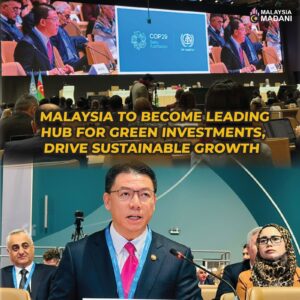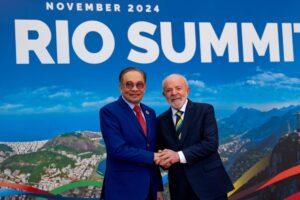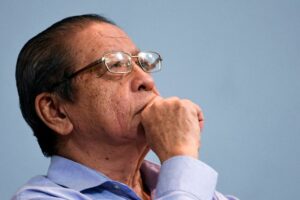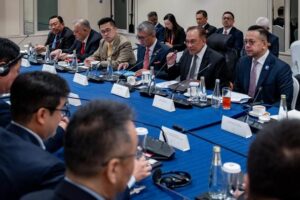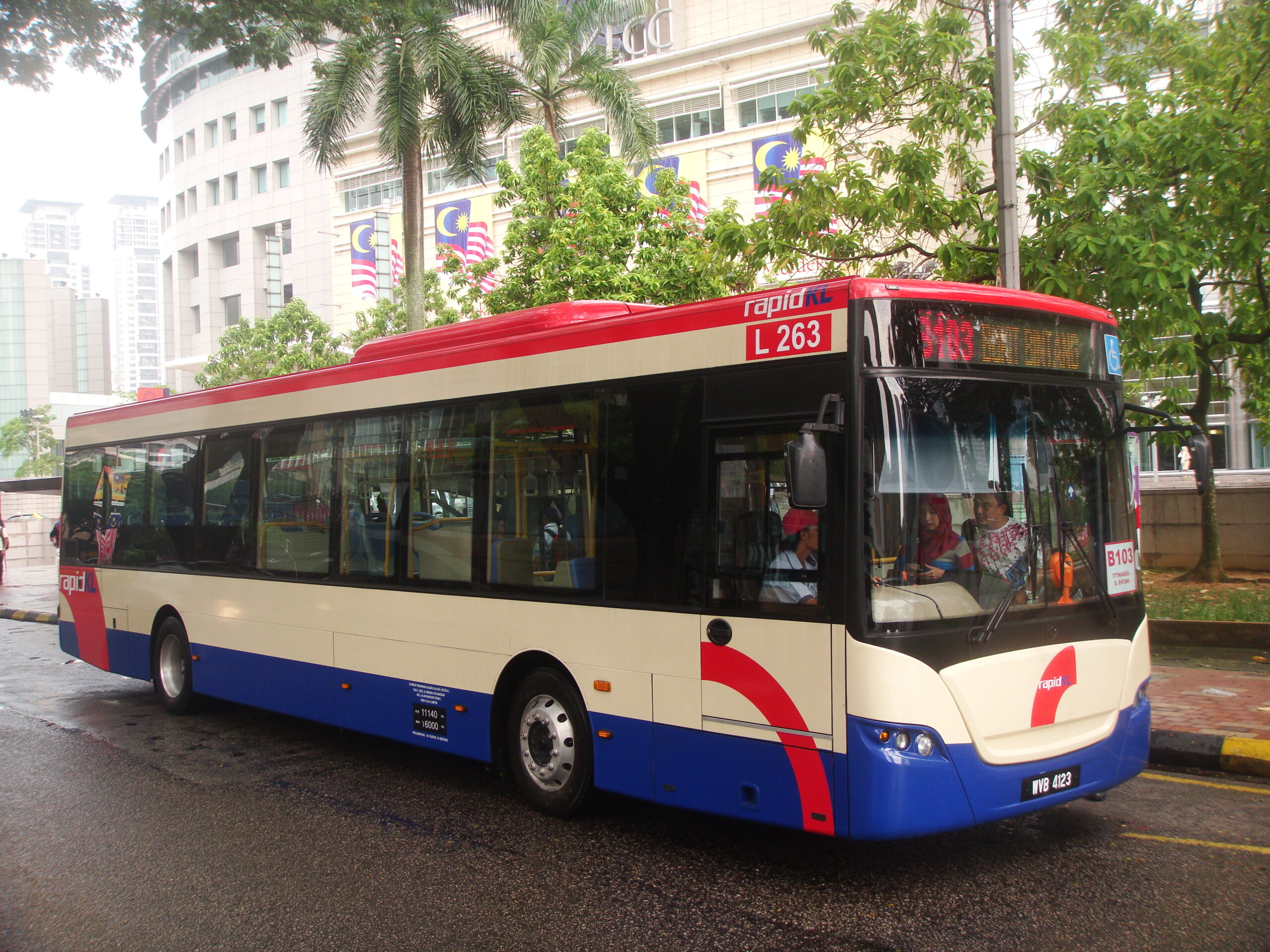
By Liew Chin Tong, Kluang MP
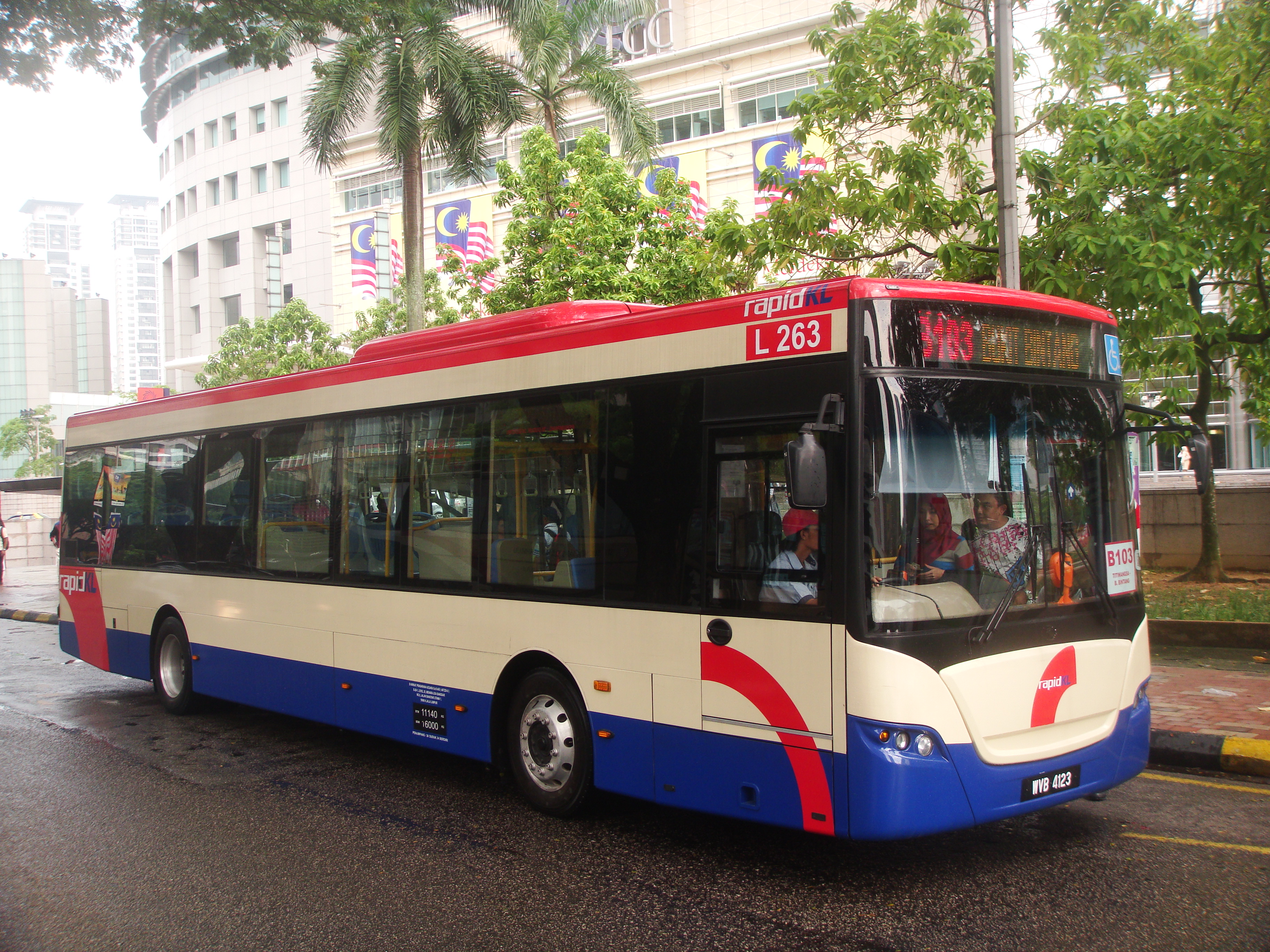 When I ask “Can we pay people to take the bus?”, many instantly replied with a big “No”! But if we delve deeper, publicly funded public transport (specifically buses as other modes are costlier to fund and too slow to materialise) may be the answer to most of Malaysia’s economic and fiscal challenges.
When I ask “Can we pay people to take the bus?”, many instantly replied with a big “No”! But if we delve deeper, publicly funded public transport (specifically buses as other modes are costlier to fund and too slow to materialise) may be the answer to most of Malaysia’s economic and fiscal challenges.
The Najib administration is bent on doing two things at once in the coming financial year: implementing the GST from 1st April 2015 and, according to Idris Jala, Minister in Prime Minister’s Department, to increase petrol price by 30 to 50 percent (of course euphemistically called “subsidy rationalisation”).
On GST, Prime Minister Najib Razak is ill-advised by the Treasury, his economic advisors, as well as accounting firms (who happened to be the only beneficiary in the implementation of GST) to see GST as the pinnacle to balance the book. He will pay a very heavy political price soon, first for not thinking through; second, for not tackling corruption and wastage before imposing a draconian new tax; and, third, for not looking at other options.
GST is a new tax requiring millions of Malaysians who never had to pay tax before to pay tax soon whenever they consume. Of course even now there are tax evaders but we have adequate laws dealing with them. So tax evasion is not an issue.
The truth is most people don’t have to pay tax simply because they don’t make enough to reach the threshold to pay tax. Even the government understood this reality and gives out the BR1M goodies to families whose monthly income is less than RM4,000. More than 60 percent of the population are in this category.
Yet it is absolutely amusing to see Najib claiming that GST is “fair” as it spreads the tax burdens from the 1.2 million actual taxpayers on to everyone.
Implementing GST at this income level means further depleting the already tight disposable income of the bottom 60 percent. The human suffering is going to be huge. Not to mention the negative impact on domestic demand hence the economy as a whole. Domestic demand has been the lifeline for Malaysia’s economy since the Global Financial Crisis as the external markets slow or stagnant.
The Government’s “carrot” in the GST implementation is to cut income tax, which inevitably resulting in a more unequal society.
On fuel, in theory, when petrol and diesel are not subsidised, there will be no smuggling, no hole in the budget for subsidy, and fuels will be used efficiently which will also mean less carbon emission.
But what comes first matters as much as what to do. Policy sequencing is as important as the policy itself. To increase petrol price without providing adequate and efficient public transport means killing people by sending Kancil, Viva and other small car drivers (low income group) to use motorcycles, which is far more susceptible to road accidents.
Already, according to World Health Organisation’s Road Safety Report 2013, Malaysia has the highest deaths on the road per 100,000 populations in the world. (India – 18.9; Russia – 18.6; China – 20.5; Malaysia- 25). Somehow no one is alarmed by this and no one cares to say anything about this massive killing daily. Motorcyclists made up 60 percent of deaths on the road.
Fuel price should only be placed at market price without subsidy if the public transport services is at a level efficient enough for motorcyclists to leave their bikes at home. Otherwise policy makers have blood in their hands.
A very good European bus costs around RM600,000. The annual operating cost of a bus is generally not more than RM200,000, staff and fuel costs included. So, RM 2 million will buy you a bus with 7 years of operating costs. On the back of the envelope, RM 2 billion will give you a thousand units of buses.
Mind you, Kuala Lumpur has less than a thousand units of buses now though it has at least 1500 units of buses in 1985 when Proton was not launched (hence buses were almost the only mode of transport for many) and when minibuses was around.
The fuel subsidy is RM29 billion for 2014. It can pay for many buses for many years, for free, and, among other things, delay the need to implement GST.
